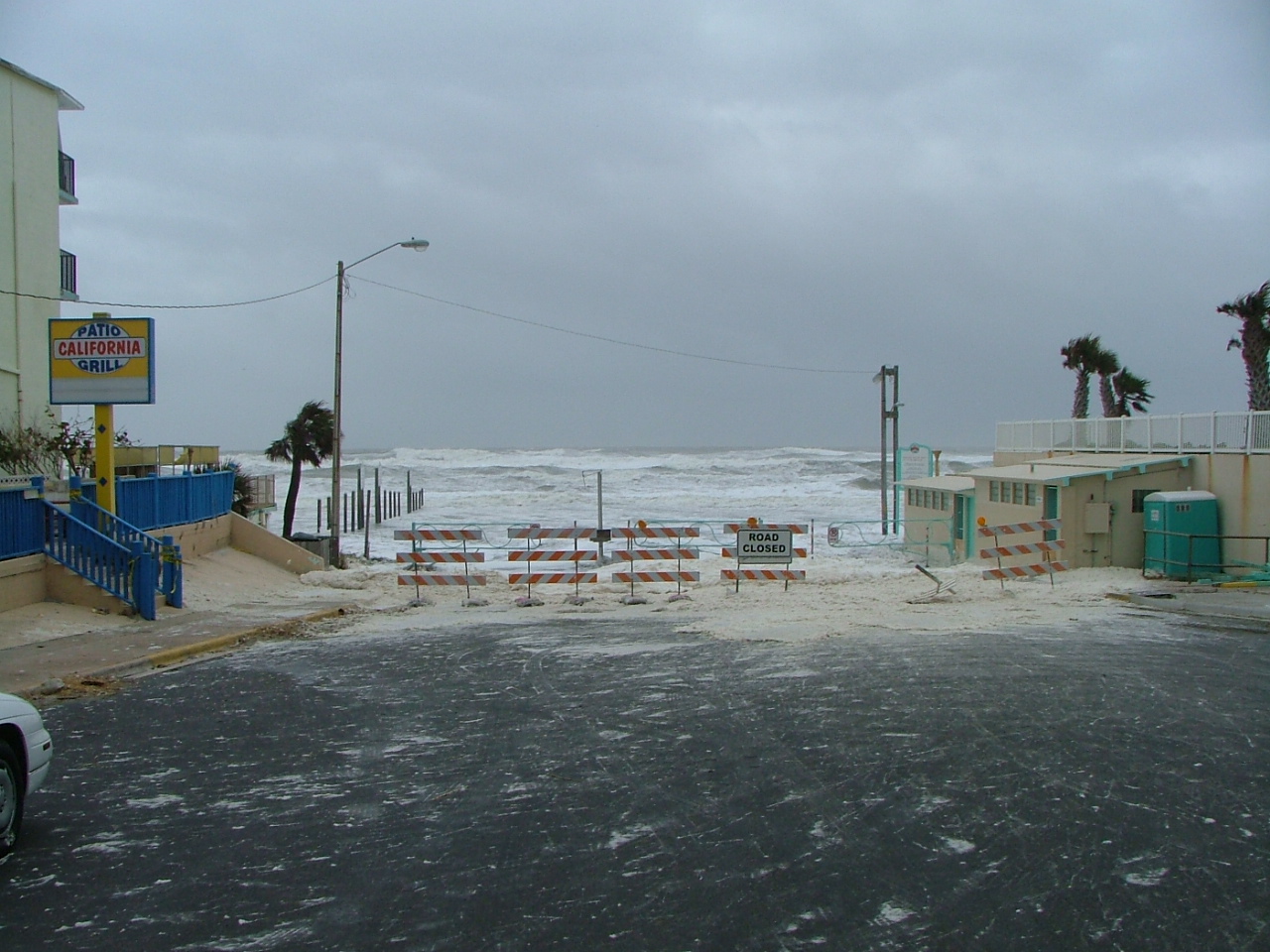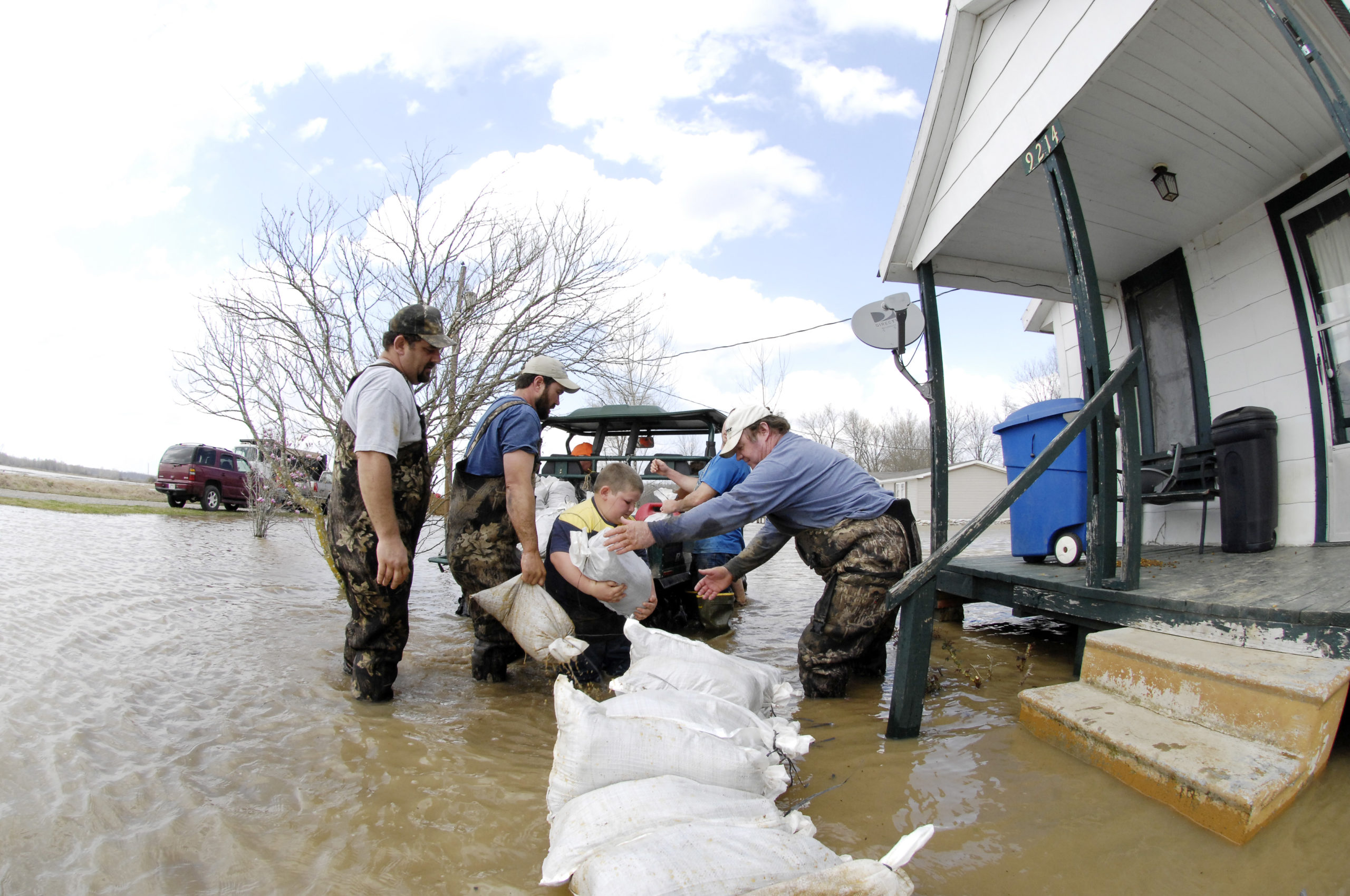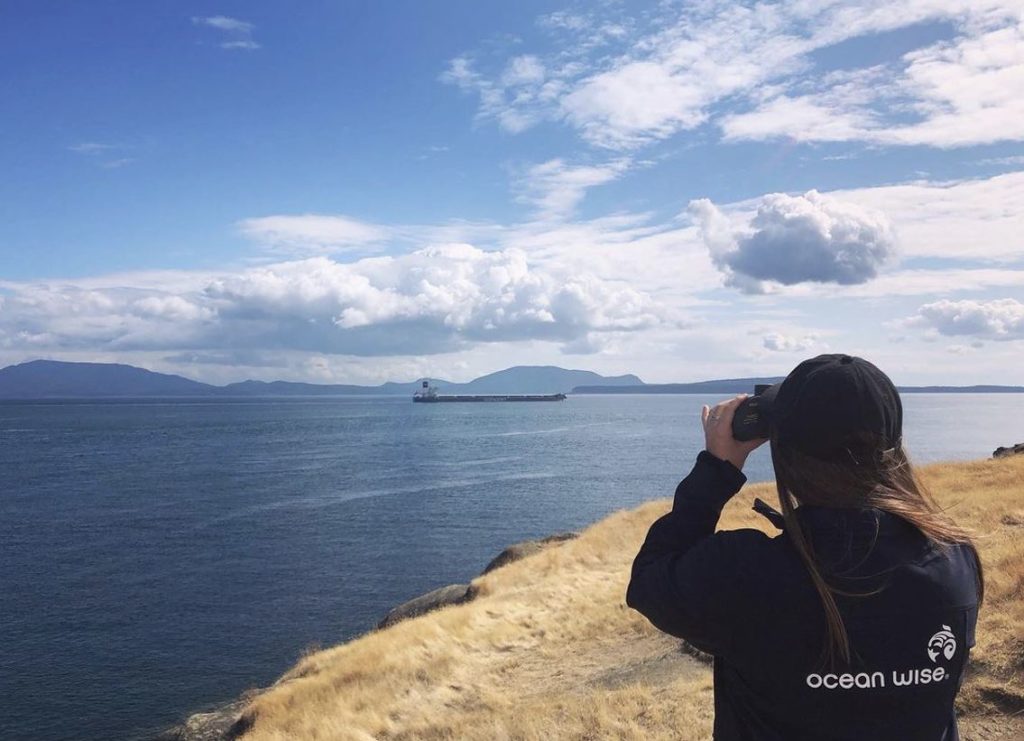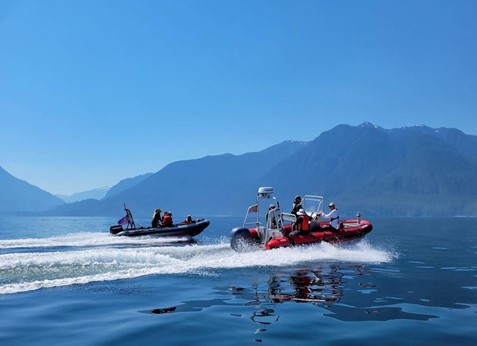
Why We Buy in Luxury Flood Zones
Humans are great at responding to immediate, personal risk. Our nervous system is highly attuned to dangers in the environment that could harm us right now. Abstract, geographically diffuse threats occurring in the medium- to long-term are not really our forte — and that is a real problem when it comes to sea level rise.
By 2100, the ocean will rise by one metre, but likely more. The rise will be greater on some coasts, lesser on others, because the ocean surface doesn’t rise equally everywhere, like it does in a bathtub. Seawater gets piled up by wind, pushed by ocean currents, and pulled by gravity. The global south will experience the most devastating impacts, and many people there will be displaced because they cannot afford to move to higher ground. So why do we, in the developed world, continue to buy real estate that will certainly flood?

Miami Beach, Florida has become the classic example of a simultaneously threatened and flourishing real estate market. In a century, Miami Beach will likely be underwater and yet a house sold for a record-setting $60 million in 2015. The current average price per square foot in a luxury condo is US$1,109. Investors and buyers come from all over the world. Why is this housing market so hot, when it sits a slim 1.5 metres above sea level and regularly floods during hurricanes and king tides?
There’s an important distinction between knowing climate change is occurring and recognizing sea level rise as a personal threat. Sea level rise predictions feel imprecise because they are. The coming influx depends on variables like on how quickly the climate responds to atmospheric carbon dioxide and how much pollution we emit in the future. Also, the lion’s share of sea level rise will come from melting ice sheets in Antarctica and Greenland — a process scientists are actively studying. This unknown will largely determine how the next 50 to 100 years play out.
Fifty years can seem like a lifetime away. A hundred years isn’t even on our radar. A half-century is enough time to work a full career, raise a family, sell your coastal home and move inland. Psychologically, it’s difficult for humans to trade in short-term happiness for long-term security, especially if the terms are uncertain. Cities, however, are highly motivated to plan ahead or they face a dwindling supply of taxpayers.

Cities have three options when it comes to sea level rise: protection, accommodation and retreat. Shanghai, predicted to be the third most impacted city by population, has built hundreds of kilometres of protective levees and dikes along the Yangtze River. Guangzhou, which already experiences devastating flooding, is beginning to invest in nature-based accommodations, like green space to absorb water. A Vancouver 2015 report looked at the retreat options: home buyouts, infrastructure removal, and ultimately, the ocean reclaiming coastal neighbourhoods.
The success of the Miami Beach housing market is partly based on a $400 million storm-water infrastructure plan. The city has physically raised 21 city blocks and is installing 80 pumping stations. This past August, the pumps failed during the tail of Tropical Storm Emily and Miami’s streets flooded with seven inches of water. For cities so close to sea level, retreat may be the only option. For the rest of us, strategic city planning that adapts to a rising sea will be the best protection.
Discover the full story behind rising sea levels this week on ocean.org.
Posted November 17, 2017 by Ocean Wise








